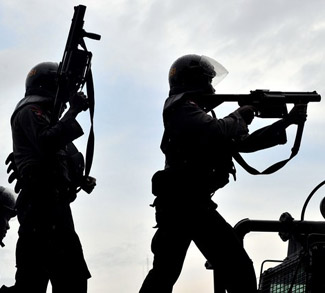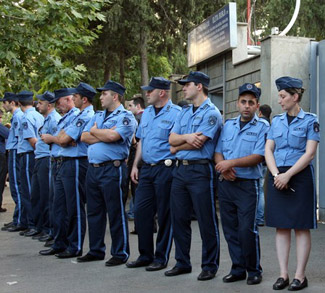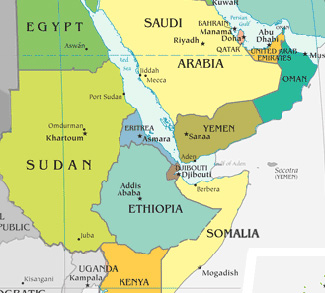Summary
This week was an eventful week for women in Saudi Arabia. Women in Saudi Arabia were given the right to vote and to run in elections by King Abdullah, marking a huge step forward for women’s political participation in this country. Yet, a Saudi woman named Shaima Jastaina also received the first legal punishment for violating the kingdom’s prohibition on female driving and was condemned to ten lashes.
Analysis
As leaders across the Arab are growing scared of following in the footpath the leaders ousted in Tunisia, Egypt and Libya, King Abdullah has announced a $130 billion program to raise salaries, provide housing and appease the masses. The King’s declaration that women will be the entitled to vote in 2015 is part of a larger set of reforms aimed at preventing the Arab spring from reaching the peninsula. Are these reforms a tactic to divert attention from the real changes women are pushing for? And what impact will the right to vote have, in a country where women have been pushing for more radical reforms that include the right to basic freedoms like the right to drive a car?
Women in Saudi Arabia have been taping themselves driving since June as a form of protest against the ban on driving. While this has been dismissed by the Saudi elite in power as a trivial pursuit in the grand schemes of things, the desire of Saudi women to drive encompasses many other wishes. It encompasses the desire of women to be able to act in case of emergencies, to spend their money and time dedicated to finding drivers on something more fruitful, and to be able to be less dependent on others when doing small day to day activities among many things.
Giving women the right to vote and run in municipal elections does not address any of these issues. Women’s ability to advocate for these issues once they become part of the council is also uncertain. Not only will women be limited to half of the seats of the municipal councils that are up for election, but middle class and low income women who are unable to afford drivers will struggle to attend all the functions necessary to be elected, win and participate in council; leaving elite Saudi woman in control of women’s faith at a municipal level.
The protests of women regarding the ban on driving have led to many debates in the King’s advisory council. The council has suggested that if women were given the right to drive only women over 35 would be entitled to drive, that driving would be limited to daytime only, and that female traffic cops would have to be trained to limit the interaction of female drivers with men. The reality of what the council envisions as women driving is thus restrictive and demonstrates the inability of the council to recognize and understand Saudi women’s plight for their most basic rights. Reminding anyone dares to dream of a different future for Saudi women of the lashes they will receive in return.
Marisol Fornoni is a contributor to Geopoliticalmonitor.com



